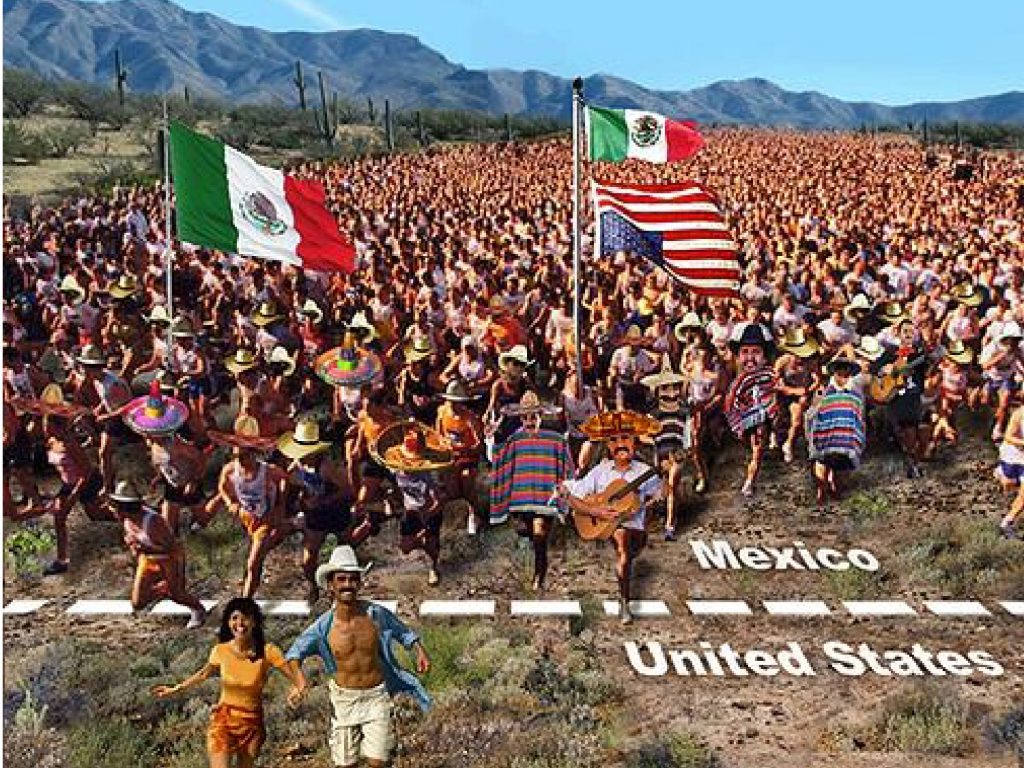The Trump administration introduced a new rule Friday that makes it difficult for pregnant foreign nationals traveling to the United States on a tourist visa with the intent of giving birth in the country.
The move is expected to crack down on so-called “birth tourism.” Each year tens of thousands of women enter the country, under false pretenses, in an effort to take advantage of America’s birthright citizenship policy. These U.S.-born children are then entitled to all the benefits of citizenship, including the right to sponsor family members once they reach the age of majority.
The rule issued by the State Department states that “travel to the United states with the primary purpose of obtaining U.S. citizenship for a child by giving birth in the United States is an impermissible basis for the issuance of a B nonimmigrant visa.”
It’s unclear how consular officers will determine if an individual is pregnant or how they will identify the individual’s bon a fide travel intentions, but the mere presence of the rule should deter some who exploited this loophole for years.
Since taking office, President Trump has vehemently opposed “birth tourism” and birthright citizenship as he has called the practice “frankly ridiculous.”
The 14th amendment currently grants automatic citizenship to those born on U.S. soil, but many legal experts suggest that the provision does not apply because the parents are not subject to U.S. jurisdiction (as they have allegiance to another country) at the time the child is born, and therefore cannot confer automatic citizenship.
The effects of birthright citizenship and birth tourism are significant. Roughly 33,000 children are born annually through individuals in the country holding tourist visa, according to an analysis from the Center for Immigration Studies (CIS).
New Travel Ban Set to Impact Seven Countries
The Trump administration is set to expand its travel ban and place immigration restrictions on seven additional countries this week. The ban seeks to incentivize countries to better comply with U.S. national security efforts.
The countries under consideration include: Belarus, Myanmar (Burma), Eritrea, Kyrgyzstan, Nigeria, Sudan, and Tanzania.
The seven added countries have had a history of not adequately sharing critical counterterrorism and security intelligence to the United States, including biometrics, according to administration officials.
The new travel ban will not affect all foreign nationals in the seven countries. The proposed restrictions will only affect certain visas and will vary by country.
The administration’s approach is different from its 2017 ban on seven countries (Iran, Libya, Syria, Yemen, Venezuela, and North Korea) as foreign nationals were originally banned entirely from travel into the United States.













